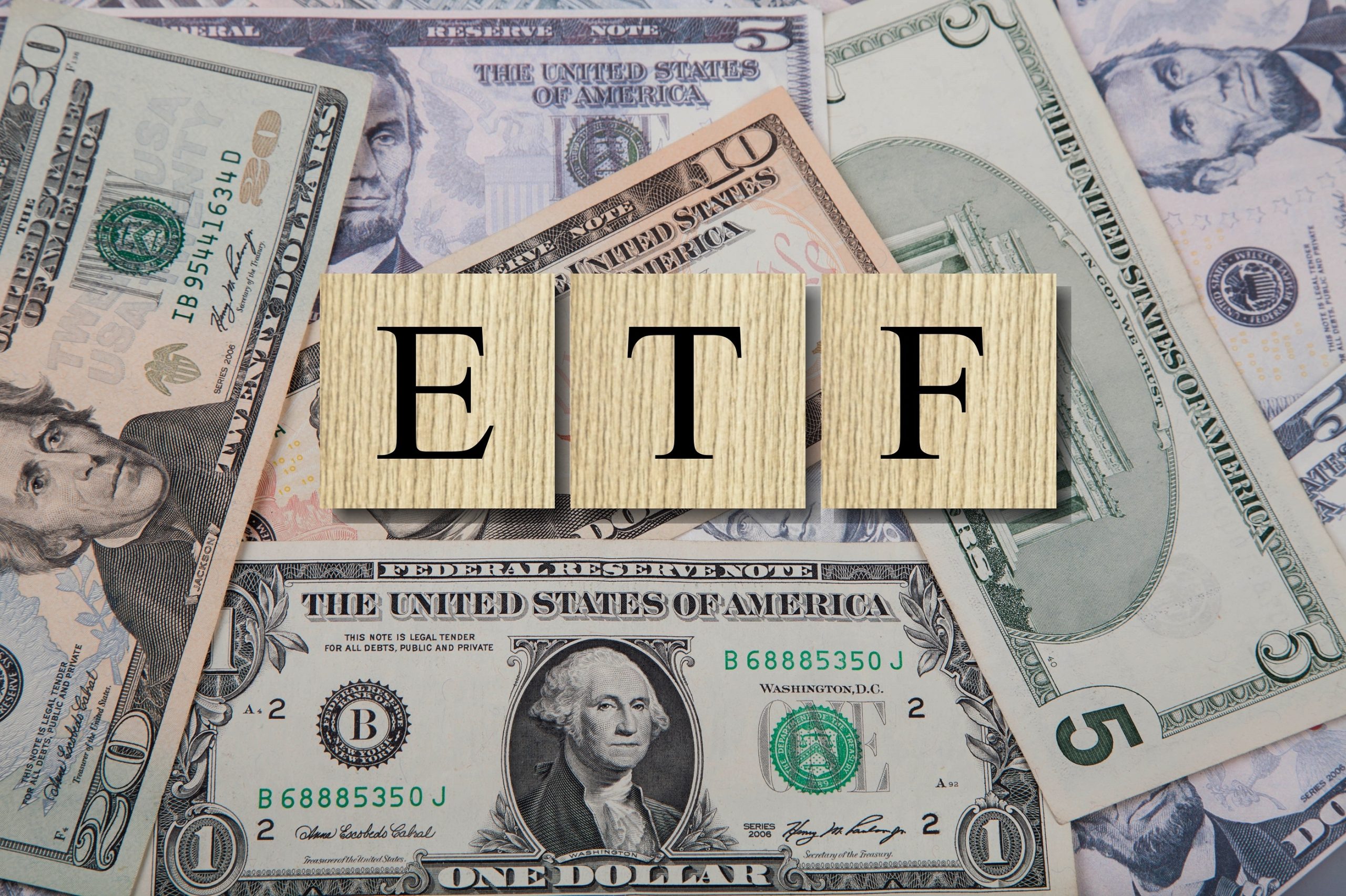What are the differences between an Exchange Traded Fund (ETF) and a Mutual Fund?
Exchange Traded Funds (ETF) and Mutual Funds (MFs) are both investment vehicles that pool money from individual investors and invest it in a variety of assets, such as stocks, bonds, and other securities. However, there are several differences between these two types of funds, including:
- Trading: ETFs are traded on exchanges, just like individual stocks, throughout the trading day at market-determined prices. Mutual Funds, on the other hand, are only traded once per day, at the end of the trading day, at the net asset value (NAV) price.
- Costs: ETFs typically have lower expense ratios than mutual funds, as they are generally passively managed and do not require as much ongoing management. Mutual Funds often have higher expense ratios, as they may be actively managed by professional fund managers.
- Minimum Investments: ETFs can be purchased with no minimum investment or as little as one share. Mutual Funds often require a minimum initial investment that can range from several hundred to several thousand dollars.
- Flexibility: ETFs offer more flexibility for investors, as they can be bought and sold like individual stocks, and can be used in trading strategies such as short selling or margin trading. Mutual funds typically require more paperwork and time to buy or sell shares.
- Transparency: ETFs generally disclose their holdings on a daily basis, whereas mutual funds are only required to disclose their holdings quarterly. This allows ETF investors to have more visibility into the specific securities they are invested in.
- Tax Efficiency: ETFs are generally more tax efficient than mutual funds, as they have fewer capital gains distributions due to their unique creation/redemption process. Mutual funds are required to distribute capital gains to their shareholders each year, which can result in tax liabilities for investors.
Overall, ETFs tend to be more flexible, transparent, and cost-effective than mutual funds, while mutual funds offer more personalized investment strategies and may be more suitable for certain types of investors. It is important for investors to consider their investment goals and preferences when choosing between these two types of funds.

Leave a Reply